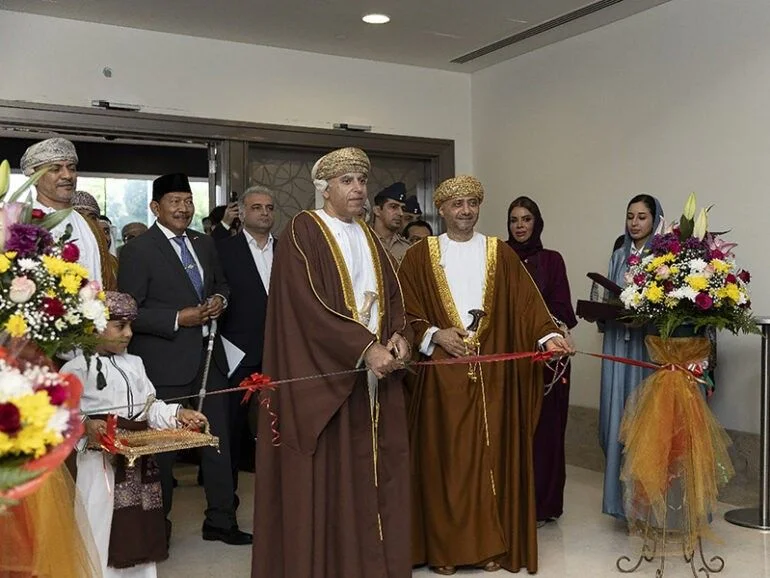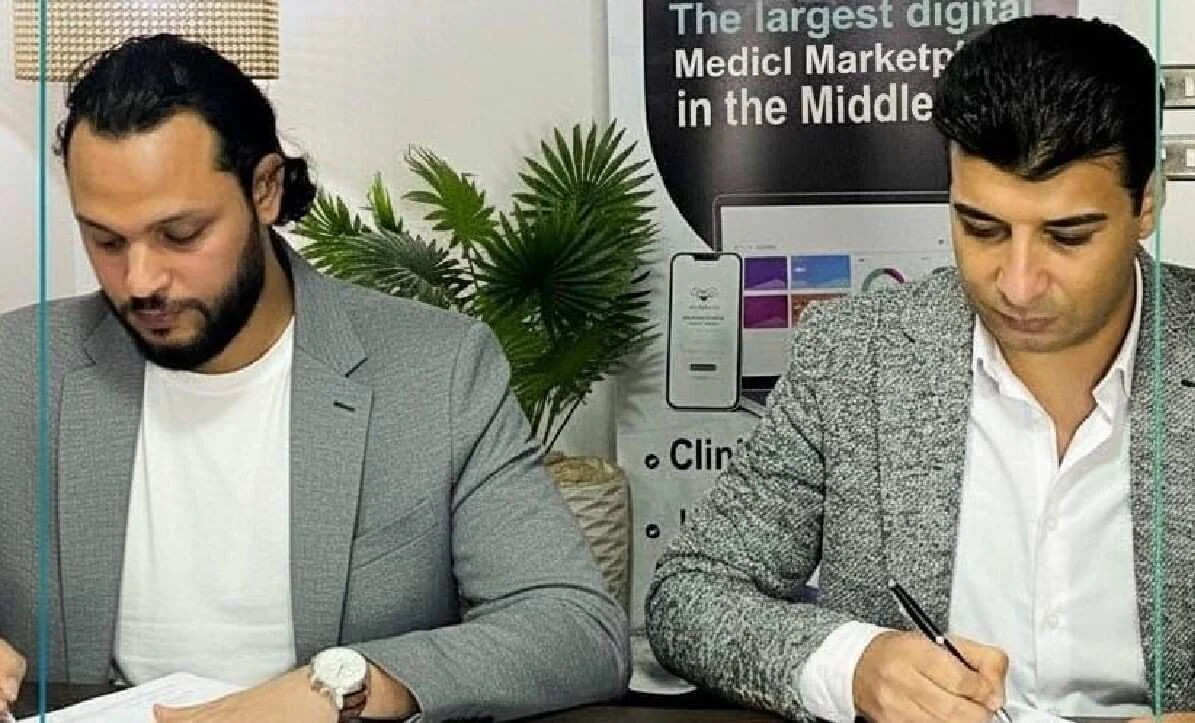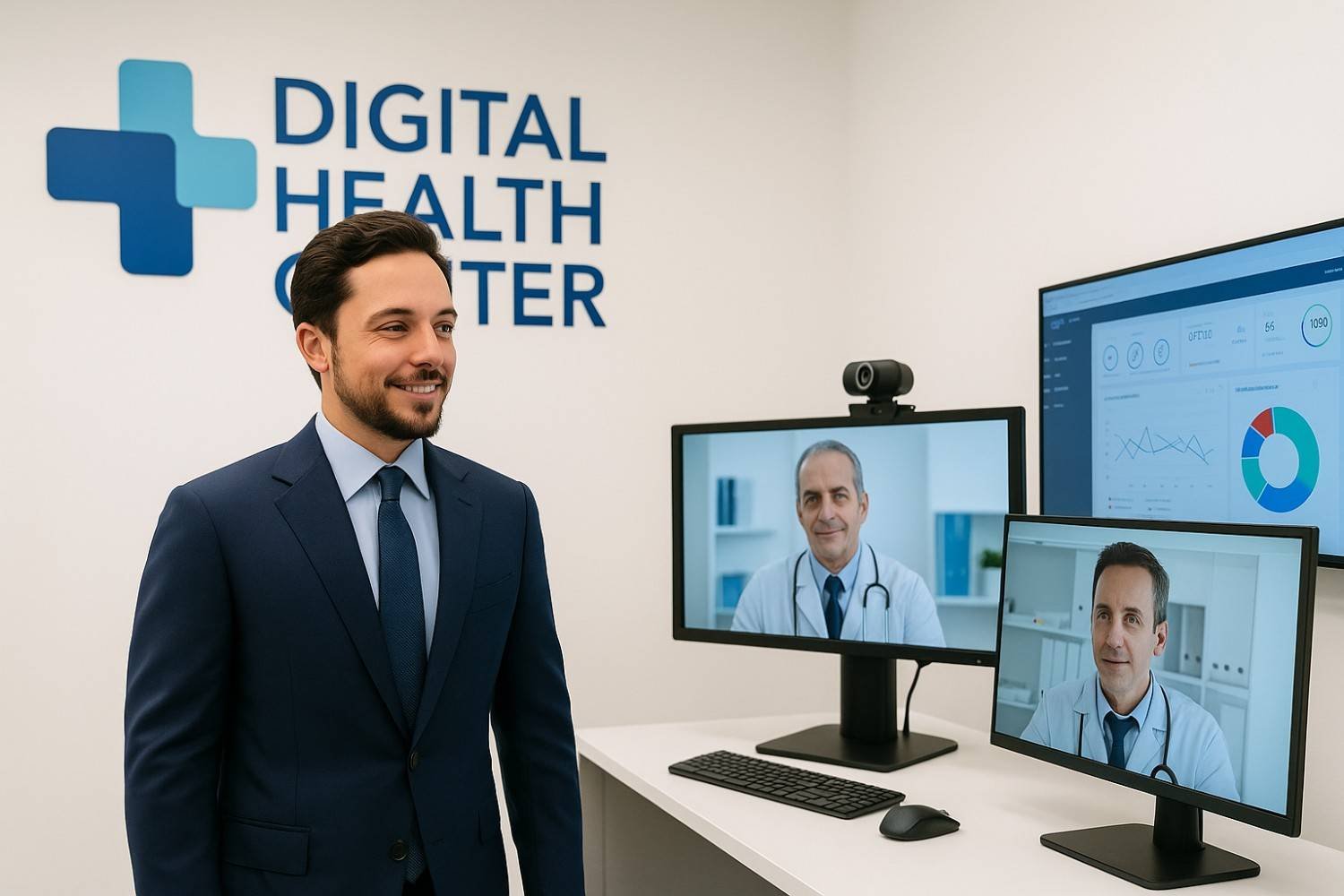Muscat — Oman is rolling out TeleStroke, a groundbreaking telemedicine program designed to provide life-saving stroke treatment, such as thrombolysis, across hospitals that lack on-site neurologists. Backed by the Ministry of Health as part of its wider TeleMedicine for Health strategy, the initiative aims to bring urgent, specialist stroke care within reach of patients across the Sultanate.
H.E. Dr. Ahmed al Mandhari, Undersecretary of the Ministry of Health for Planning and Health Organisation, said the project reflects Oman’s leadership commitment to modernizing healthcare: “We are expanding access while ensuring quality remains at the forefront, building a modern and resilient health system.”
Currently, five hospitals — in Ibra, Ibri, Buraimi, Haima, and Khasab — are linked via a state-of-the-art telemedicine platform to Sultan Qaboos University Hospital and Khoula Hospital in Muscat. The system allows emergency physicians in peripheral hospitals to connect instantly with neurologists, share high-resolution images and patient data, and receive immediate guidance on stroke treatment within the critical 4.5-hour “golden window.”
Prof. Abdullah al Asmi of Sultan Qaboos University called TeleStroke “an efficient way to deliver advanced emergency stroke care with limited resources,” noting its potential to reduce disability and treatment costs. Prof. Arunodaya Gujjar, also of SQU, explained that the network will support real-time assessment using video consultations, CT scan reviews, and standardized stroke scales.
The initiative prioritizes intravenous thrombolysis for eligible patients, while also identifying severe cases requiring thrombectomy referrals to central hospitals. Training workshops have already been conducted for emergency and paramedical staff in participating hospitals, ensuring readiness.
Oman’s Stroke Registry, with data from 1,400 patients over 12 years, shows that strokes occur about a decade earlier in Oman than in the West (average age 63 vs. 74) and are most commonly linked to atherosclerosis.
Future plans include integrating ambulance services, running public education campaigns, and expanding the TeleStroke network to more hospitals, making stroke care faster, more accessible, and more effective across the Sultanate.















